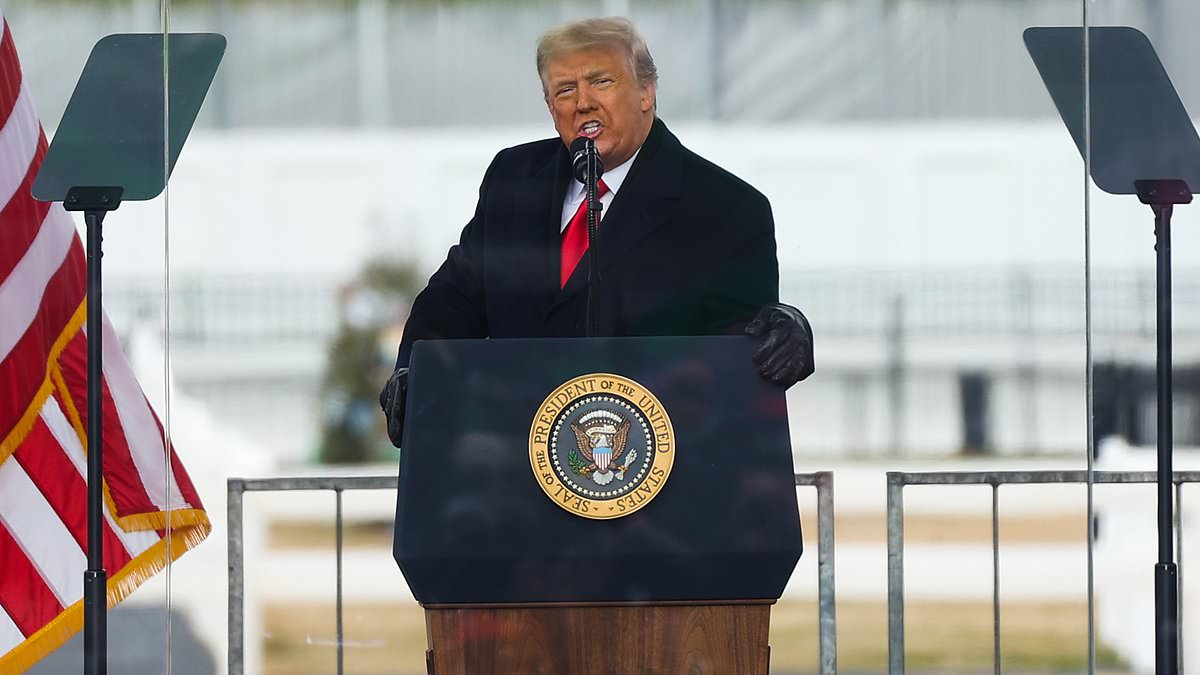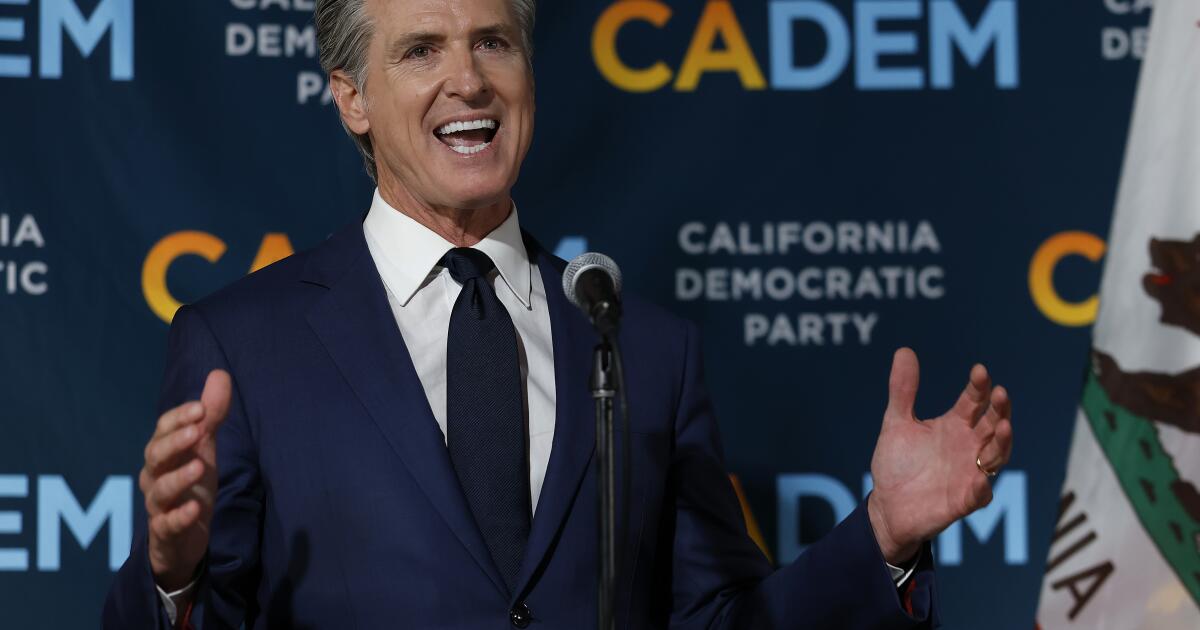Copyright Anchorage Daily News

There was a time when the fortunes of our wealthiest citizens signaled national success — proof that innovation, hard work and broad opportunity could create extraordinary value. Somewhere along the way, that promise turned. The United States has reached a tipping point: we cannot afford our billionaires on their current terms. We now live in an economy where the top 1 percent — about three million Americans — hold nearly 32% of all U.S. wealth, while the bottom half of the country holds barely 3%. That kind of concentration doesn’t just reflect inequality — it drives it. Billionaire-owned companies decide what we pay for housing, health care, food, and even the media we consume. Through campaign contributions, lobbying, and ownership of major outlets, they steer both the economy and the public conversation. Their influence now extends deep into the information pipeline. Billionaires control some of the country’s most powerful news outlets — from The Washington Post to CBS and The Los Angeles Times. When so much of what we know is shaped by interests aligned with concentrated wealth, democracy weakens. This is the quiet inversion of Abraham Lincoln’s ideal. We have drifted from government “of the people, by the people, for the people” to government “of the people, by the billionaires, for the billionaires.” Policies that might lift millions — affordable housing, universal basic income, stronger antitrust enforcement — too often stall not because they’re unpopular but because they threaten entrenched wealth and power. For the same reason, a tax system that would meaningfully reduce the immense federal budget deficit is unachievable. Meanwhile, everyday Alaskans, like the rest of America, struggle with an affordability crisis. Wages have barely budged while rents, medical bills, grocery and utility costs keep rising. We work extra hours, draw down savings, or defer care. Correcting this doesn’t mean punishing success. It means ensuring that success doesn’t come at the expense of the public good. Sensible reforms — a fairer tax code, real limits on money in politics, and stronger antitrust enforcement — are not radical. They are the foundations of a democratic market that works for everyone, not just the ultra-rich. Billionaires did not build their fortunes in a vacuum. They relied on publicly funded schools, transportation, research and infrastructure. A democracy that creates the conditions for success has the right — and the responsibility — to ensure that we all share in that success, not just admire it from the sidelines. A handful of ultra-rich Americans could fund a fairer future many times over and still remain fabulously wealthy. The question before us is not whether we can live without billionaires. It’s whether we can thrive while allowing a small number of them to wield such disproportionate influence. On that question, the evidence is clear: we can’t. Stan Jones is an Anchorage crime novelist and former journalist.



